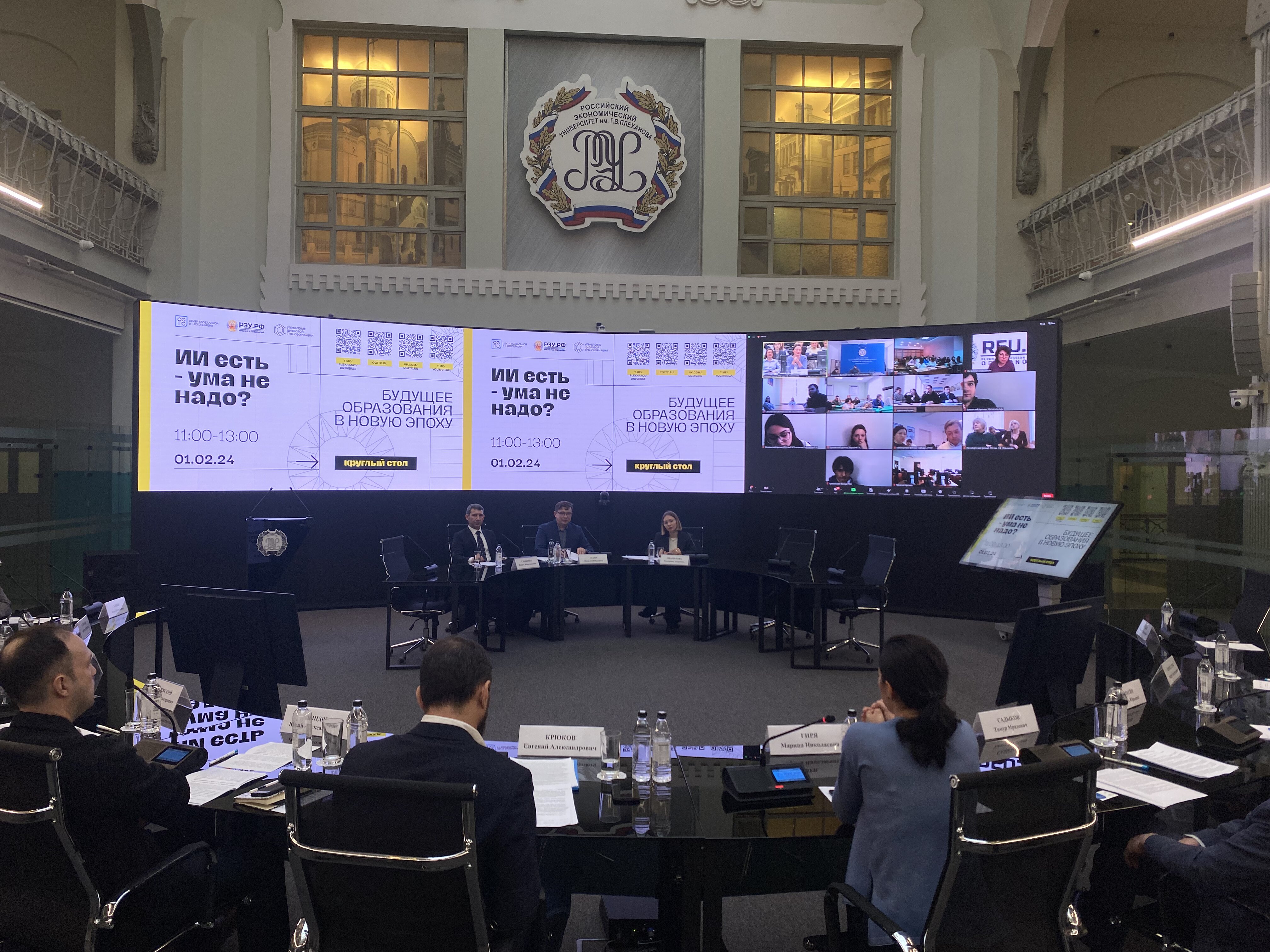This new system for blocking spam calls and SMS will be launched in Russia by June 1, according to “Izvestia”. It is expected that subscribers will be able to report unsolicited marketing calls using the websites of their mobile operators or the one of the Federal Antimonopoly Service of Russia (FAS). The centralized system will block the suspicious number within 72 hours after receiving a complaint. This information was later confirmed by the FAS. It was stated that the agency had been receiving a huge number of spam complaints. According to experts, the new system will be effective. However, requests should be checked, so that clients only block spammers. For this purpose, calls and automatic filter statistics analysis could be used, experts specify.
Blocking upon request
The Antimonopoly Service told “Izvestia” that the agency had been receiving a huge number of complaints about a new type of spam calls, calls coming from abroad using fake numbers. The FAS confirmed that soon a new anti-spam system would be launched in Russia. Clients will be able to report spam calls and unsolicited SMS advertising using the websites of four mobile operators (MTS, MegaFon, Beeline and Tele2).
A special form for complaints will be available in the second quarter of the year, the FAS specified. It is foreseen that users will get prompt responses from their operators, and the telephone numbers generating spam will be blocked within 72 hours by all companies that use the system.
“In order to work more effectively and protect our citizens from unwanted advertising, we need to collaborate with mobile operators. We have already agreed on how this service will function,” stated Karina Taukenova, deputy head of the FAS.
Mobile operators are now creating a feedback form for their subscribers. It will allow for “the Big Four” to exchange data and quickly analyze suspicious numbers, blocking further spam calls and unwanted advertising, if necessary, the press office of Beeline informed. It is expected that the feedback collection and processing service will be launched by June 1, if external circumstances do not change.
Customers can already report spam calls to the call center, and their complaints are examined within 72 hours. However, a new method of submitting complaints involving a special form on the operator’s website will be created in collaboration with the FAS, the press office of Tele2 noted. The operator also confirmed that a new type of voice spam, calls coming from abroad, had emerged. It gives people an additional cause for concern and increases the risks of financial losses. To detect such calls, the operator pays special attention to the cases of mass calling, analyzes the duration of calls, clients’ reactions and encourages subscribers to add suspicious numbers to the blacklist, the press office of Tele2 added.
In 2021, MTS and MegaFon launched their anti-spam services, and since then, 272 mln spam calls have been blocked, the FAS reported. Beeline and Tele2 will put similar services into operation in the second quarter of 2022.
This service, powered by algorithms that analyze incoming calls, automatically transfers unwanted calls to a special voice box, the press office of MegaFon reported. Representatives of the company noted that that solution had allowed to reduce the number of complaints by 50 %. This means that now the company manages 50 mln unwanted calls per month.
By allowing subscribers to submit complaints of unsolicited marketing on the websites of the FAS and mobile operators, the new system will help to combat spam more effectively, representatives of MegaFon and MTS added.
Systematic approach
In the past, subscribers had to block numbers that were generating spam themselves. Now, as the four largest operators are provided with relevant data, the system will become much more effective, said Vladimir Ulyanov, head of the analytical center of the Zecurion company. However, in his view, it might be appropriate to check such requests so as not to encounter abuse when blocking numbers, since some subscribers, for instance, may complain about their competitors and other citizens.
According to the expert, telephone numbers should be added to the system only after a certain number of reports from different clients and even from different regions had been received. A mechanism for unblocking numbers should also be provided. Operators can detect spam by analyzing statistical data. For example, if a number has generated many brief calls, it’s probably used either for advertising or for fraud.
According to Vladimir Ulyanov, numbers generating mass spam calls will be blocked rather quickly. Also, calls detected by separate operators’ services should be registered in the centralized system.
The system integration will not take the four operators long, but it will take time for the citizens to adapt and form a new habit, noted Maxim Kharask, head of the industrial expertise division of the Softline company. If key mailing and robocalling services get blocked, the amount of spam will reduce significantly. And if an automatic filter answers the call before the person picks up their phone, many spam calls will be detected and blocked on the first ring. Artificial intelligence is now able to help people and learn to detect such numbers, the expert explained.
https://iz.ru/1307317/mariia-kolobova/nomer-na-podmenu-v-rossii-poiavitsia-obshchaia-sistema-blokiro...





